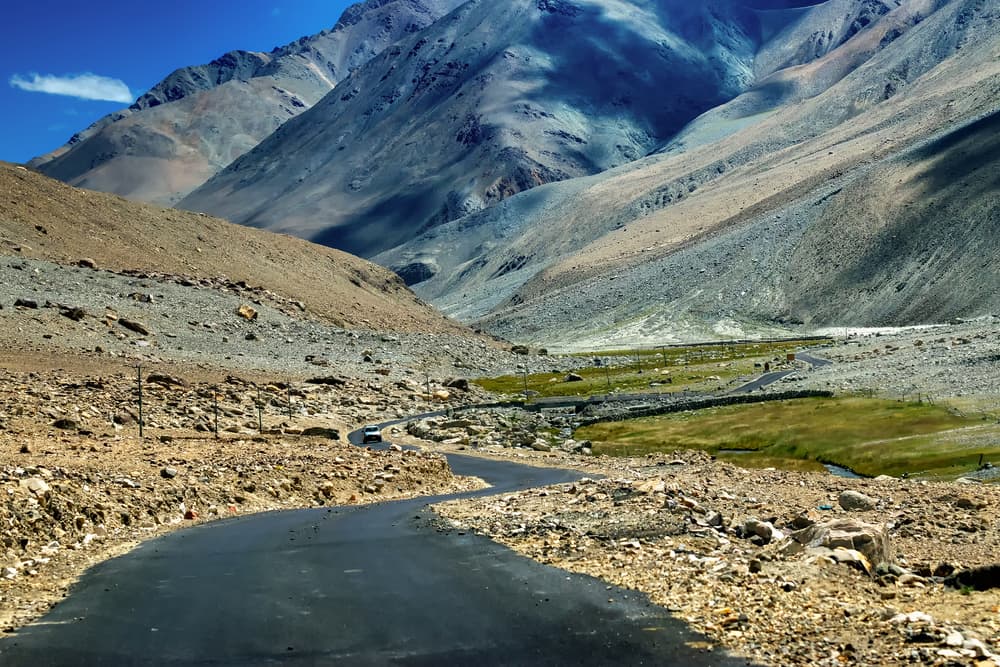Embarking on a safari for the first time can be an exhilarating adventure, offering a chance to witness nature’s awe-inspiring beauty up close. For elderly travellers, this experience can be equally captivating and fulfilling, provided some essential considerations are kept in mind. Safaris present unique challenges and opportunities, especially for older adventurers. While Exploring Wild Safaris: Essential Tips For Elderly to have a safe and comfortable trip.
Health And Fitness Preparations
Before Embarking on Exploring Wild Safaris: Essential Tips For Elderly Travellering regarding health should be should prioritised. Schedule a thorough medical check-up with your healthcare provider to ensure you’re fit for travel. Discuss any pre-existing medical conditions, allergies, or chronic illnesses you may have. Obtain necessary vaccinations and medications recommended for the specific safari destination, such as malaria prophylaxis or vaccinations for diseases prevalent in the area.
Choose The Right Safari Type
For elderly travellers, comfort and convenience are crucial. Opt for safari options that accommodate your needs. Consider staying in lodges or camps that offer accessible pathways, comfortable accommodations, and amenities like handrails or ramps if mobility assistance is required. Choose safari vehicles that provide comfort and stability during game drives, such as closed vehicles with elevated seats for better wildlife viewing.
Plan Your Itinerary Wisely
Plan a safari itinerary that balances exploration and relaxation. Opt for shorter game drives with breaks in between to prevent fatigue. Select destinations are known for their abundant wildlife population within proximity, reducing long drives and maximising wildlife encounters. Consider scheduling activities in the morning or late afternoon when temperatures are more moderate, and wildlife is more active.
Pack Wisely
Pack essential items for a comfortable safari experience. Carry lightweight, breathable clothing suitable for both warm days and cooler evenings. Sturdy, comfortable walking shoes are essential for uneven terrain. A wide-brimmed hat, sunscreen, and insect repellent are essential for protection against the sun and insects. Bring any prescribed medications, along with a small first-aid kit. Don’t forget binoculars and a camera to enhance wildlife viewing and capture memorable moments.
Be Mindful Of Physical Limitations
Communicate your physical limitations and needs to your tour operator or guide before the safari begins. Inquire about the accessibility of safari activities, such as walks or drives, and request assistance if needed. Ensure there are suitable options available for you to comfortably enjoy the safari experience without straining yourself physically.
Hydration And Nutrition
Staying hydrated is crucial in the wild. Carry an adequate water supply and drink regularly to prevent dehydration, especially in hot climates. Inform the safari organisers of your dietary restrictions or preferences, ensuring meals are catered to your needs. Pack snacks like nuts, dried fruits, or energy bars to maintain energy levels during game drives.
Safety First
Safety should always be a priority. Follow your guide’s instructions rigorously and always adhere to safety protocols. Respect the wildlife and their natural habitat, maintaining a safe distance from animals and refraining from any behaviour that could disturb them or pose a risk.
Embrace The Experience
Immerse yourself in the safari experience fully. Listen to the sounds of the wilderness, observe the intricate behaviours of animals, and appreciate the beauty of the natural world. Look beyond the big game and appreciate the smaller creatures, birds, and plants contributing to the ecosystem’s richness.
Enjoy Flexibility
Remain flexible in your expectations and activities. Understand that wildlife sightings can be unpredictable, and not everything may go according to plan. Embrace the spontaneity of the safari experience and be open to discoveries and experiences.





